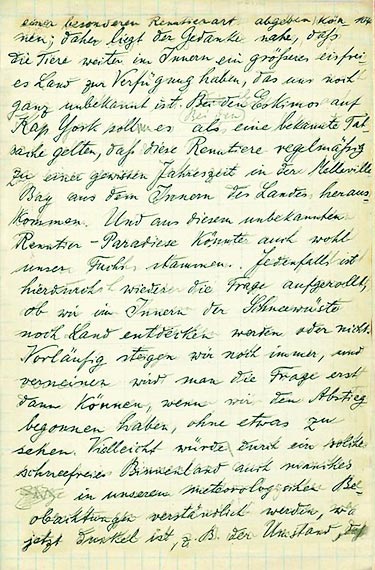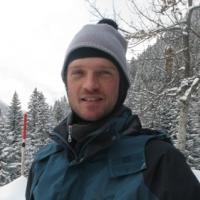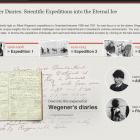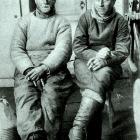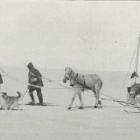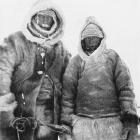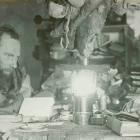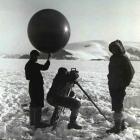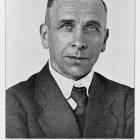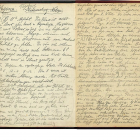NL 001-010_104
Source: Alfred Wegener, Tagebücher, June 1912 – July 1913. DMA NL 001/010.
[104] einer besonderen Rentierart abgeben können; daher liegt der Gedanke nahe, daß die Tiere weiter im Innern ein größeres, eisfreies Land zur Verfügung haben, das uns noch ganz unbekannt ist. Bei den Eskimos auf Kap York soll es als eine bekannte Tatsache gelten, daß diese Rentiere regelmäßig zu einer gewissen Jahreszeit in der Melville-Bay aus dem Innern des Landes herauskommen. Und aus diesem unbekannten Renntier-Paradiese könnte auch wohl unser Fuchs stammen. Jedenfalls ist hierdurch wieder die Frage aufgerollt, ob wir im Innern der Schneewüste noch Land entdecken werden oder nicht. Vorläufig steigen wir noch immer, und verneinen wird man die Frage erst dann können, wenn wir den Abstieg begonnen haben, ohne etwas zu sehen. Vielleicht würde durch ein solches schneefreies Binnenland auch manches in unseren meteorologischen Beobachtungen verständlich werden, was jetzt dunkel ist, z.B. der Umstand, daß
[104] of a special reindeer species; therefore it is reasonable to suppose that further inland the animals have a larger, ice-free habitat that we have not yet discovered. Among the Eskimos of Cape York, it is supposedly a well-known fact that these reindeer return to Melville Bay from a place further inland at a certain time of the year. Our fox could very well have come from this unknown reindeer paradise as well. At any rate, the question of whether or not we will find land in the middle of this snow desert is on the table once again. For the time being, we are still ascending, and we will only be able to answer this question with a “no” when we start descending, and still haven’t seen anything. If there were such a snowless interior, perhaps it would explain some things about our meteorological observations that are now obscure, for example the fact that
